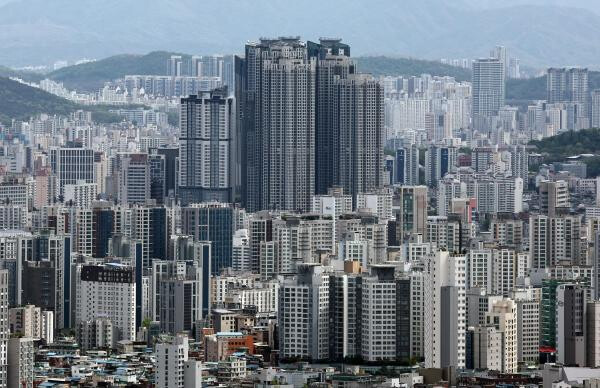
Seoul, South Korea – A recent report by the Ministry of Land, Infrastructure, and Transport has revealed that foreign nationals own approximately 4.9% of all residential properties in South Korea, as of June 2024. Chinese nationals account for the largest share of foreign-owned homes, while Americans hold the most foreign-owned land.
According to the data, 95,058 housing units in South Korea are owned by foreigners, with Chinese nationals owning 52,798 units, or 55.5% of the total. This trend is particularly evident in cities like Bucheon, Ansan, and Siheung in Gyeonggi Province. Americans follow closely with 21,360 units, followed by Canadians, Taiwanese, and Australians.
A breakdown of foreign-owned housing by region shows that a significant 72.8% is located in the metropolitan Seoul area. Gyeonggi Province leads with 36,755 units, followed by Seoul with 20,238 units and Incheon with 9,407 units.
While the overall ownership of residential properties by foreigners has been decreasing since 2022, the concentration of foreign ownership in certain regions and among specific nationalities remains significant.
Foreign Land Ownership
Foreigners also hold a substantial amount of land in South Korea. As of June 2024, foreign-owned land in South Korea totaled 265,654,000 square meters, accounting for 0.26% of the total land area. Americans hold the largest share of foreign-owned land at 53.3%, followed by Chinese (7.9%), Europeans (7.1%), and Japanese (6.2%).
It's worth noting that 55.5% of foreign land owners are of Korean descent, while foreign corporations account for 33.9% and pure foreigners make up the remaining 10.4%.
Key Findings:
Chinese Dominance in Housing: Chinese nationals own the largest share of foreign-owned homes in South Korea, particularly in the Gyeonggi Province area.
American Dominance in Land: Americans hold the most foreign-owned land in South Korea.
Concentration in Metropolitan Areas: A significant portion of foreign-owned properties, both residential and commercial, is concentrated in the metropolitan Seoul area, especially in Gyeonggi Province.
Decreasing Trend: While foreign ownership of residential properties has been decreasing in recent years, the overall numbers remain substantial.
The increasing foreign ownership of properties in South Korea has significant implications for the real estate market, urban planning, and economic development. It raises questions about the impact on housing affordability, local communities, and national security.
[Copyright (c) Global Economic Times. All Rights Reserved.]






























